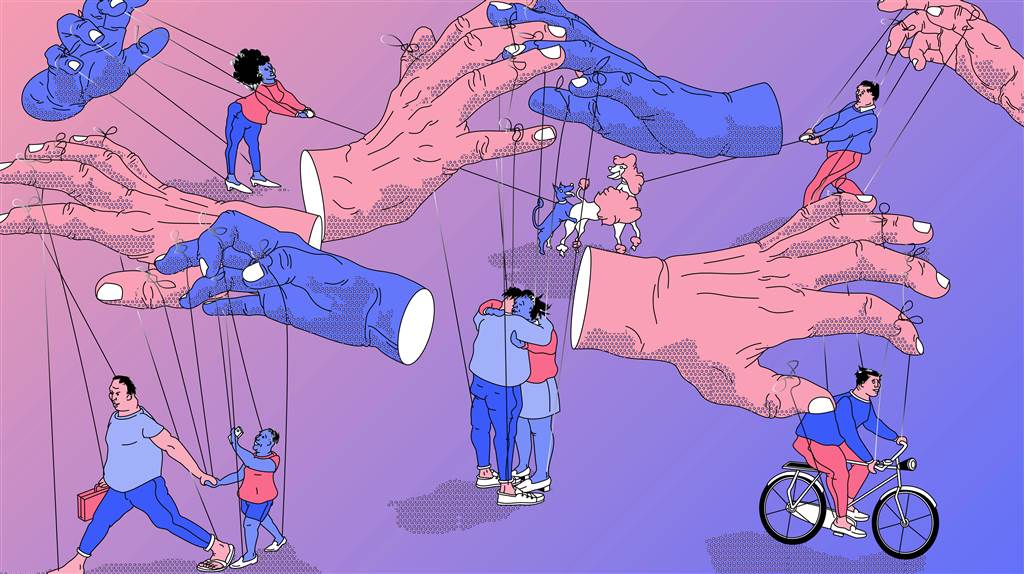lifeSimulator is a pseudo-life zero-player game written in Python.
This game wants to show you how our lives can be just a simulation.
It's just an idea. Think about how more complicated and detailed programs can be more closer and resemblant to our lives. :)
Well, you're not supposed to play this game. It's a zero-player game. You can just track your world through your terminal window and enjoy. :))))
At the beginning of the game, people will be born with a randomly generated "generosity" and "gluttony" coefficient. And also with some food and money determined in configs.
-
Each day, every alive person has to pay tax due to the taxMethod in configs. It can either be 'toneighbor' or 'torandom'.
tax_amount = current_money * taxRate
taxRate is a number between 0 and 1 exlusive, so they always have the money. -
Then they have to eat.
In each meal, they have to eat as much as their gluttony.
If their current food stock is less than that, they will try to buy the needed amount of food.
If they couldn't buy food (they didn't have enough money), they will ask for food from their neighbor.
total_food_price = food_amount * one_food_price
The neighbor can help them due to their "generosity" coefficient.
max_possible_help = neighbor_generosity_coefficient
If that much food was enough, the neighbor will help and the needy guy will consume it right away. -
If they can't eat food for one day, they will die. Simple.
Step 1: Clone the git repository or just simply download it from https://github.com/liAmirali/lifeSimulator/archive/master.zip
$ git clone https://github.com/liamirali/lifeSimulator.gitStep 2: Then navigate to lifeSimulator directory
$ cd lifeSimulatorThat wasn't hard, ok ik. :)
Step 3: Run the game:
$ python3 run.pySurvivors data will be saved by default both in a CSV file and a SQL Database.
To see the SQL table you have to install sqlite3 first and then enter the command below:
$ sqlite db/lifeSimulator.dbAnd then:
sqlite> SELECT * FROM survivros;Press Control+D to exit.
To see the CSV file:
$ cat db/survivors_data.csvTo initilize the SQL table:
$ sqlite db/lifeSimulator.dbAnd then:
sqlite> DROP TABLE survivros;To initilize the CSV file:
$ > db/survivors_data.csvYou can change some configs of the game in conf/config.py file.
There are several configurations to do.
But you can also just skip this part and the following configutaions will be used:
dayLength = 1
peopleC = 10
foodinit = 200
moneyinit = 200
foodPrice = 2
dailyTaxMethod = 'toneighbor'
taxRate = 0.4
saveMethod = {
"sqlite": True,
"csv": True
}What do they each mean?
foodinit and moneyinit are the amount of 'food' and 'money', respectively, that people will start the world with.
peopleC is the number of people you're going to put in your world in the first place.
foodPrice is the cost of buying 1 food.
dailyTaxMethod determines how people will pay the tax.
The amount of tax to pay for each person is equal to current money multiplied by 'taxRate'.
If dailyTaxMethod is assigned to 'toneighbor', they will pay it to their neighbor obviously. Neighbor of the person with wid is the person with wid+1
wid: wid means world id. Each person will be born with a wid specified.
neighbor: The neighbor of the person with wid id, is the person with wid+1 id. And the last person's neighbor is the first person.
world: It's just an array which people are living in.
